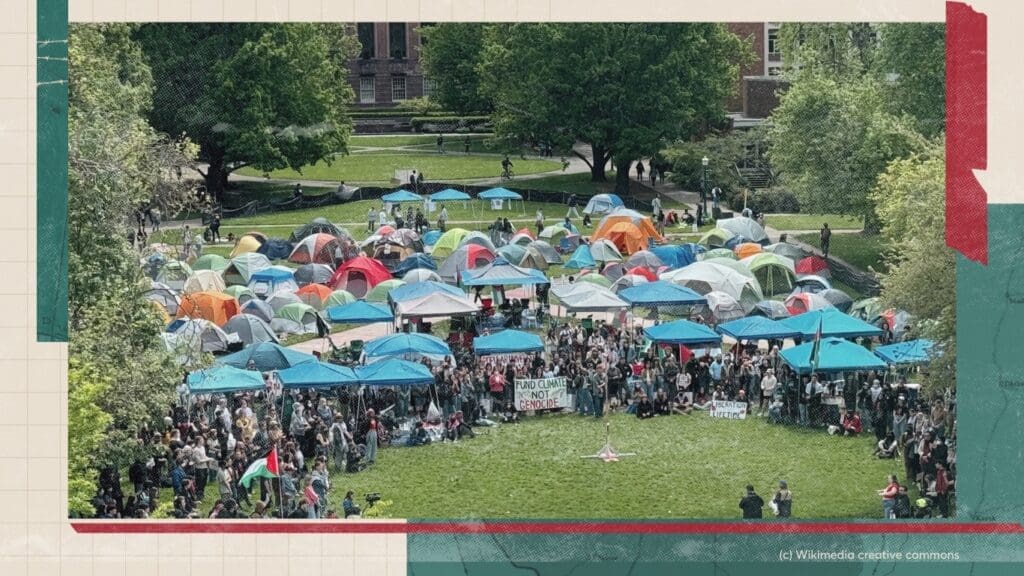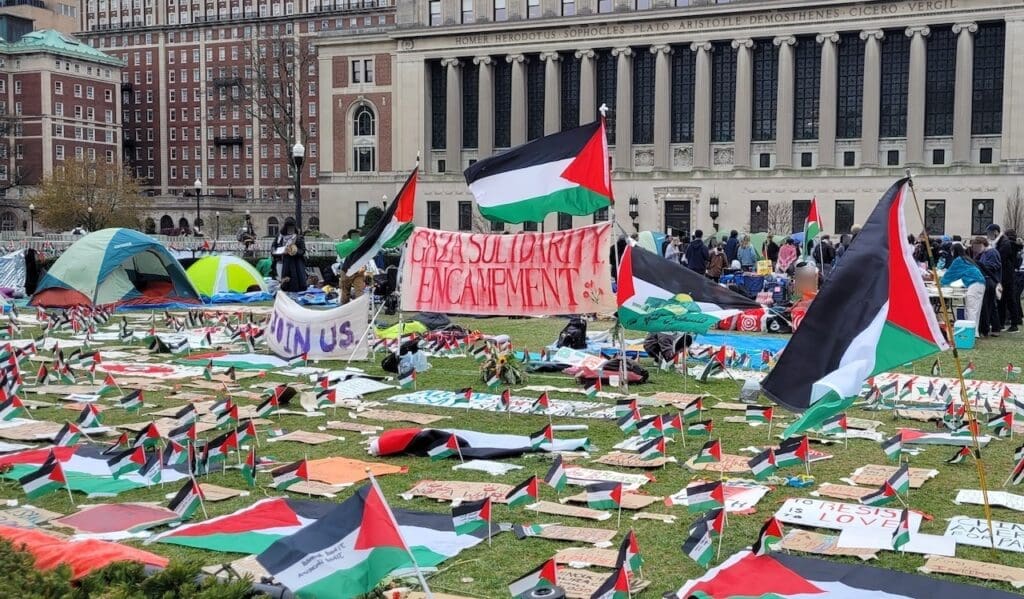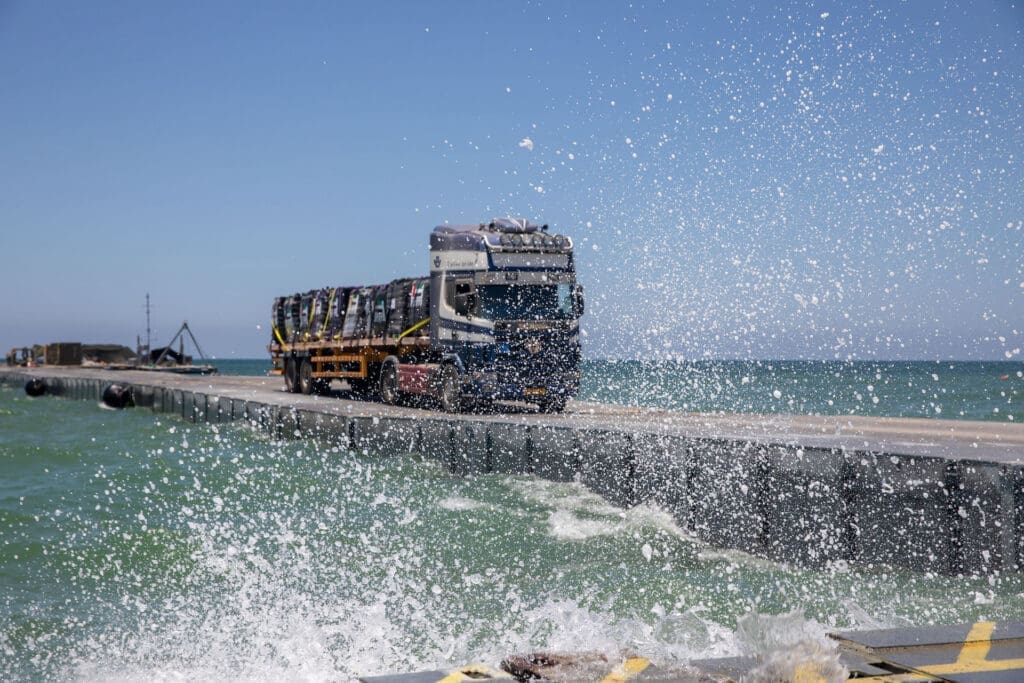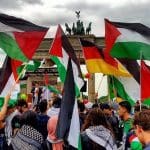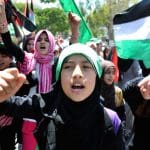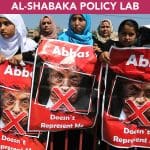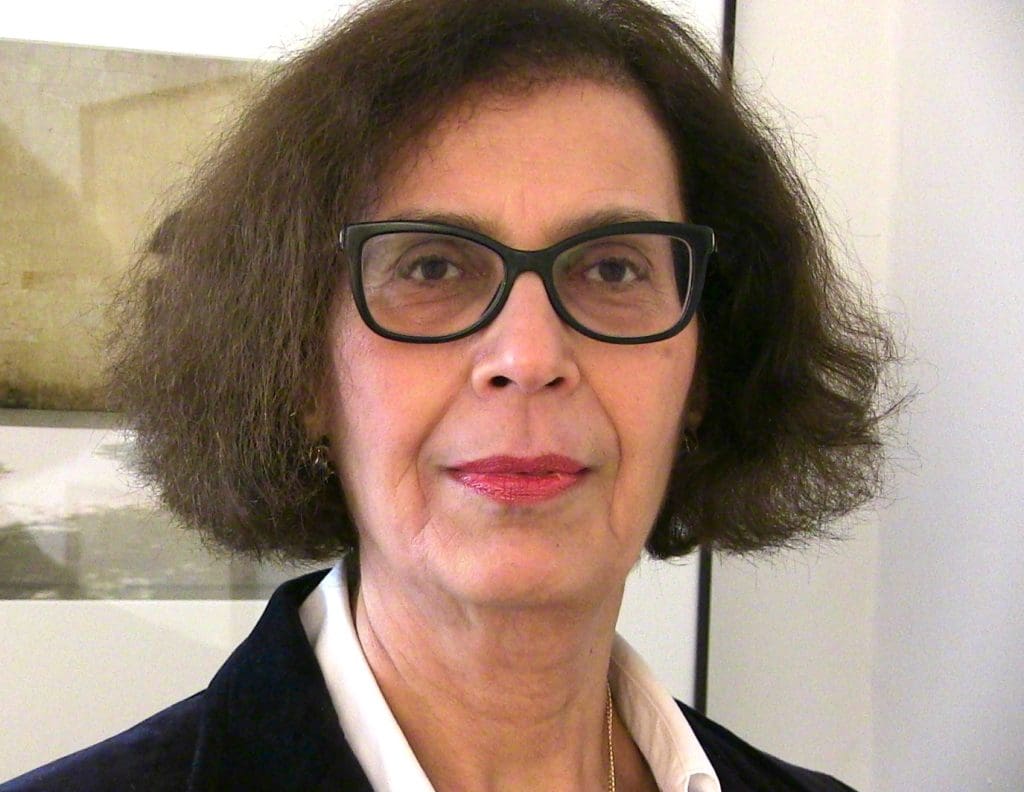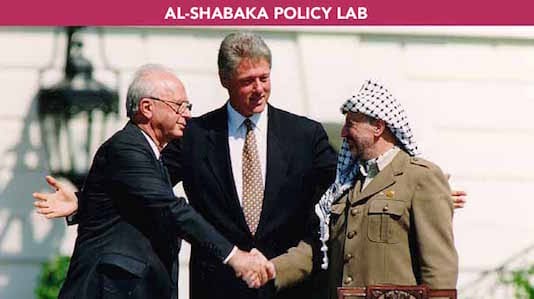
September 2018 marks the 25th anniversary of the Oslo Accords. Looking back, how did the agreement impact the Palestinian national project and cohesion as a people? What does a post-Oslo Palestine look like?
Al-Shabaka analysts Sam Bahour and Amal Ahmad delve into these questions and more in this month’s Palestine Policy Lab, facilitated by Nadia Hijab.
Sam Bahour resides in Al-Bireh/Ramallah, Palestine. He does business consulting as Applied Information Management (AIM), specializing in business development with a niche focus on the...
Nadia Hijab is co-founder and honorary president of Al-Shabaka: The Palestinian Policy Network. She served as Board President from 2010-2021 and as Executive Director between...
Amal Ahmad is a Palestinian economic researcher. Amal interned at the Palestine Economic Policy Research Institute in Ramallah before completing a Master’s degree in development...

